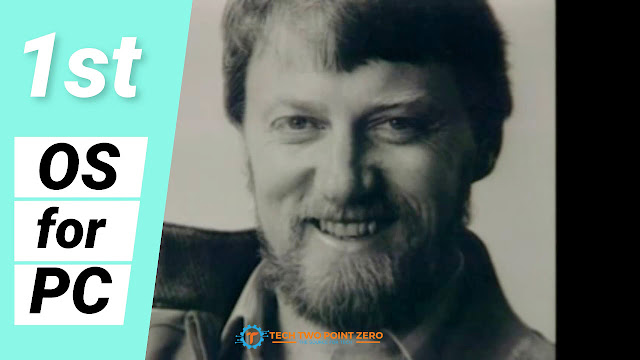Operating systems are the backbone of modern computer technology, allowing users to interact with computers and enabling software applications to run efficiently. As with any significant invention, the concept of operating systems has evolved over time, and numerous pioneers have contributed to their development. In this blog post, we will explore the question: “Who is considered the father of operating systems?” and shed light on the influential figures who have shaped this critical field.
Understanding the Origins:
To determine the father of operating systems, we need to understand the historical context and the evolution of computing technology. In the early days of computers, the focus was primarily on hardware development, with little emphasis on the software aspect. However, as computers became more complex and capable, the need for a software layer to manage hardware resources and facilitate user interaction became evident.
The Contributions of Charles Babbage:
While the term “operating system” did not exist during the early stages of computing, the groundwork for this essential software component can be traced back to the works of Charles Babbage. Babbage, an English mathematician, and inventor, conceptualized the Analytical Engine in the 1830s, a mechanical general-purpose computing machine. Although the Analytical Engine was never built during Babbage’s lifetime, his ideas laid the foundation for modern computing, including the principles of input/output operations and the notion of a control unit.
The Influence of Alan Turing:
Alan Turing, a British mathematician and computer scientist, made significant contributions to the field of computing during the mid-20th century. While he is widely recognized for his groundbreaking work on cryptography and artificial intelligence, Turing’s theoretical work on computing machines and algorithms was instrumental in the development of operating systems.
Turing’s concept of a Universal Turing Machine, a theoretical device capable of simulating any computer algorithm, provided a theoretical framework for the functioning of modern computers. His work introduced the idea of a stored program, where instructions are stored in memory, forming the basis for modern operating systems’ functionality.
Unveiling the Father of Operating Systems: Dijkstra and Tanenbaum
When discussing the father of operating systems, two names frequently emerge as pioneers in the field: Edsger W. Dijkstra and Andrew S. Tanenbaum. While it is challenging to attribute the sole “fatherhood” title to any individual, their contributions are undeniably significant.
Edsger W. Dijkstra, a Dutch computer scientist, made substantial contributions to operating system theory and design. He is renowned for his development of the concept of semaphores, a synchronization technique widely used in modern operating systems. Dijkstra’s work on structured programming and his emphasis on correctness and formal methods had a profound impact on the design and development of operating systems.
Andrew S. Tanenbaum, an American-Dutch computer scientist, is widely recognized for his influential book “Operating Systems: Design and Implementation.” This book, commonly referred to as the “Tanenbaum book,” introduced the concept of a microkernel, a minimalist approach to operating system design. Tanenbaum’s work has greatly influenced modern operating system architectures, including the development of the popular Linux operating system.
Conclusion:
Determining the father of operating systems is a complex task, as numerous individuals have made invaluable contributions to the field. However, when considering the pioneers who have shaped the concepts and principles of operating systems, the names of Charles Babbage, Alan Turing, Edsger W. Dijkstra, and Andrew S. Tanenbaum prominently emerge.
These visionaries, with their groundbreaking ideas and contributions, have paved the way for the modern operating systems we rely on today. Their work continues to inspire researchers and developers in their ongoing quest to enhance the efficiency, security, and usability of operating systems. While no single person can claim
 Tech Two Point Zero All Technology related information and other news suppers
Tech Two Point Zero All Technology related information and other news suppers




